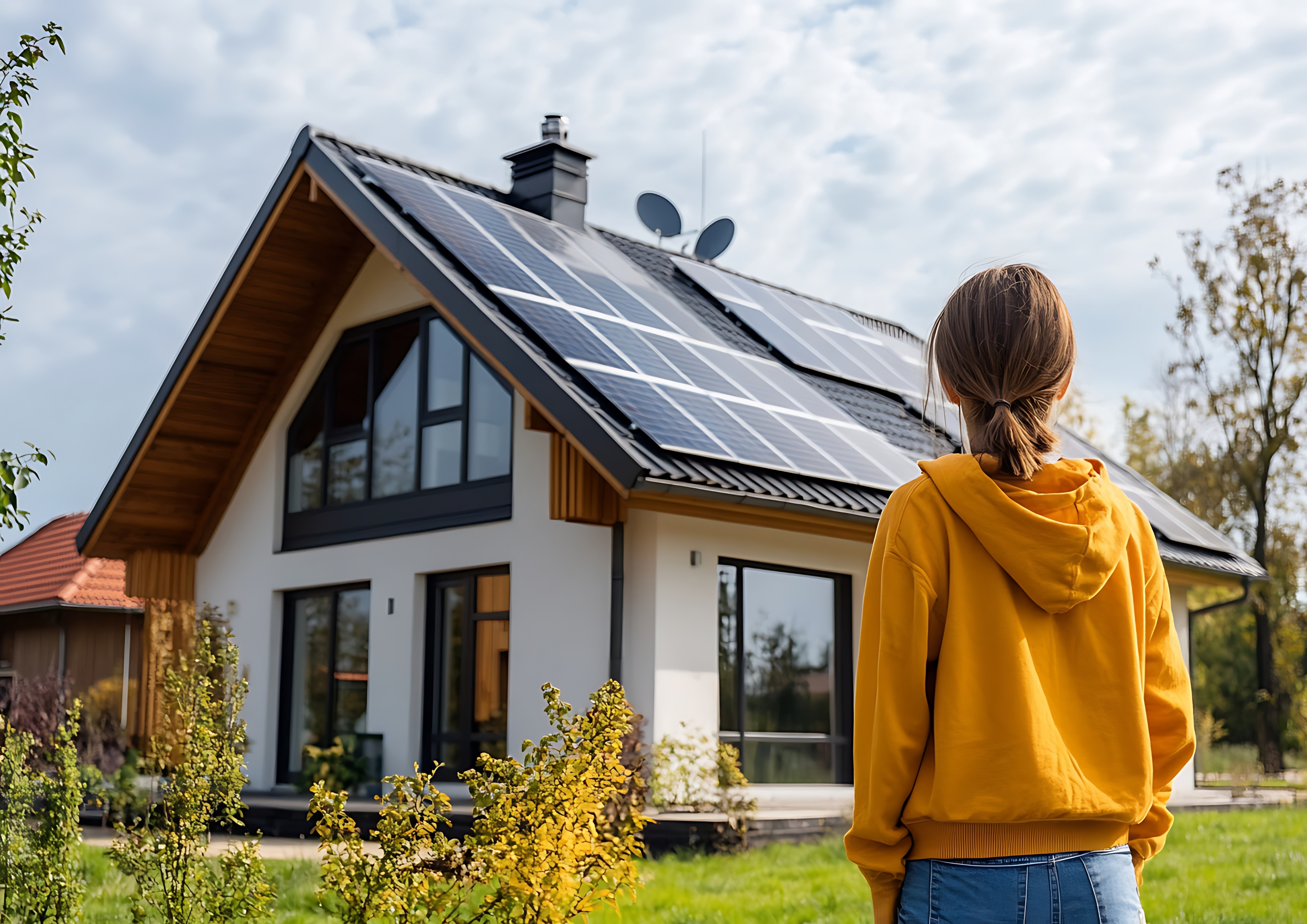
Your Power Is Not Controlled by Weather Conditions, But by Engineering!
Sustainable Energy, Predictable Production
One of the most frequently asked questions about solar energy systems is: “Do solar panels work on cloudy days?” For businesses planning to invest in energy, the impact of weather conditions on production is a critical concern. The good news is that solar power plants continue to generate electricity not only from direct sunlight but also by converting diffused light reflected from clouds.
According to international energy research, solar panels continue to produce energy even on cloudy days, generating between 10–25% of their normal output. This is because solar panels do not need to see sunlight directly; they only need to capture light energy. As a result, solar energy systems (PV systems) have become a year-round, reliable, and sustainable energy solution for industrial facilities and commercial enterprises seeking to control energy costs and reduce risk, regardless of weather conditions.
Commonly accepted data shows that on cloudy days, solar panels can generate approximately 10–25% of a normal day’s production.
Under light cloud cover, significantly better performance may be achieved—for example, one study recorded 76% efficiency under mild cloud conditions.
System design should not be based solely on sunny days; rather, total annual output must be planned by also considering the impact of cloudy days.
The amount of electricity produced by solar panels on cloudy days depends on several factors, such as the season, the density of cloud cover, and the specific type and technology of the solar panels used.
Sustainability and smart energy are no longer alternatives, they are strategic necessities in today’s world. A well-designed system protects you from energy cost risks. It is essential to remember that the key point in energy planning is not daily production, but annual production strategy. Energy continuity must be guaranteed under all circumstances, and this depends on engineering excellence and accurate planning.